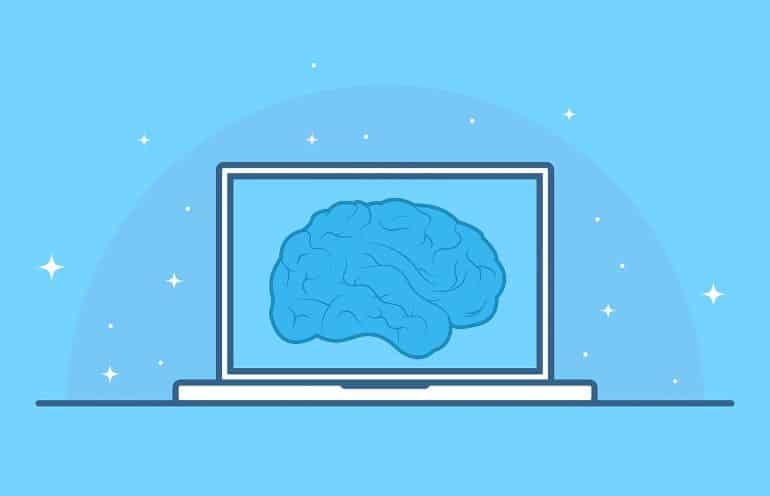Of the more than 55,000 jobs, Jassy announced, over 40,000 will be in the United States, while others will be in countries such as India, Germany and Japan via its job fair ‘Amazon Career Day.’ In order to learn about Amazon job opportunities, click on their job page: amazon.jobs/in.
Amazon Career Day is a free event on September 16 2021 at 10:00am IST. “This interactive experience is for all job seekers, regardless of your level of experience, professional field, or background – whether you are interested in working at Amazon or elsewhere,” the company said in. a statement.
Jassy, in his first press interview since he ascended to Amazon’s top post in July, said the company needed more firepower to keep up with demand in retail, the cloud and advertising, among other businesses. He said the company’s new bet to launch satellites into orbit to widen broadband access, called Project Kuiper, would require a lot of new hires, too.








